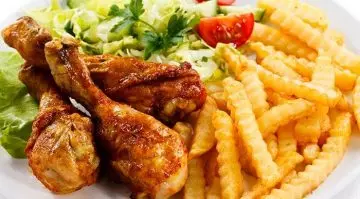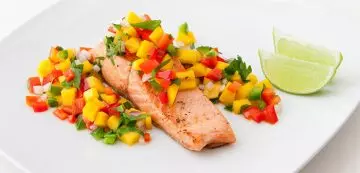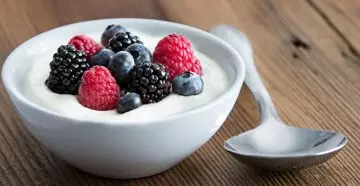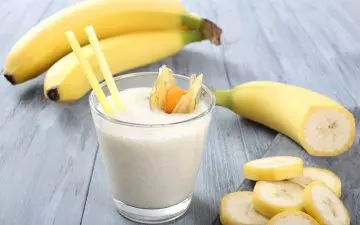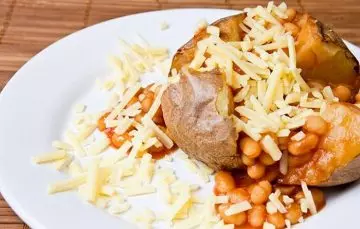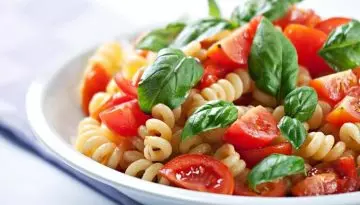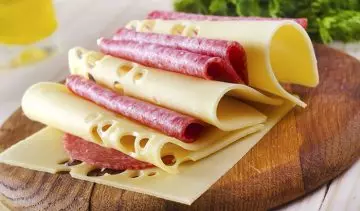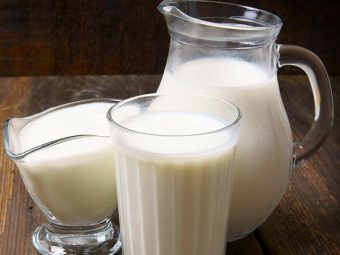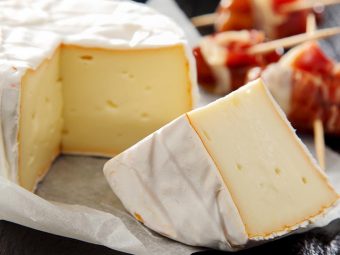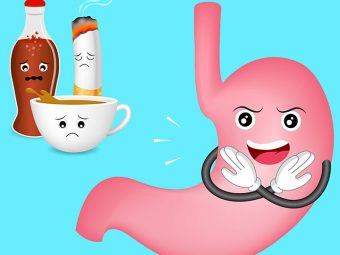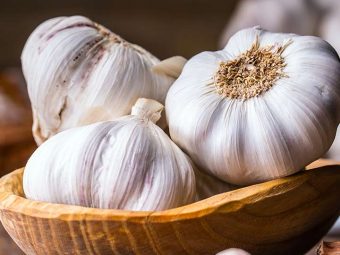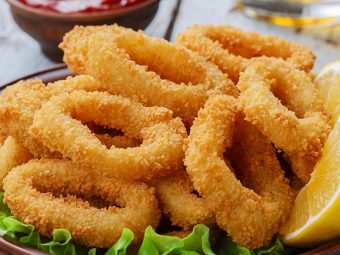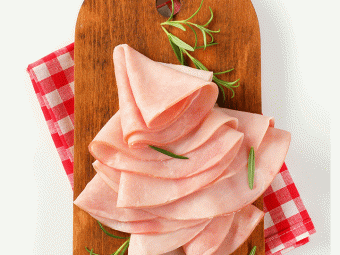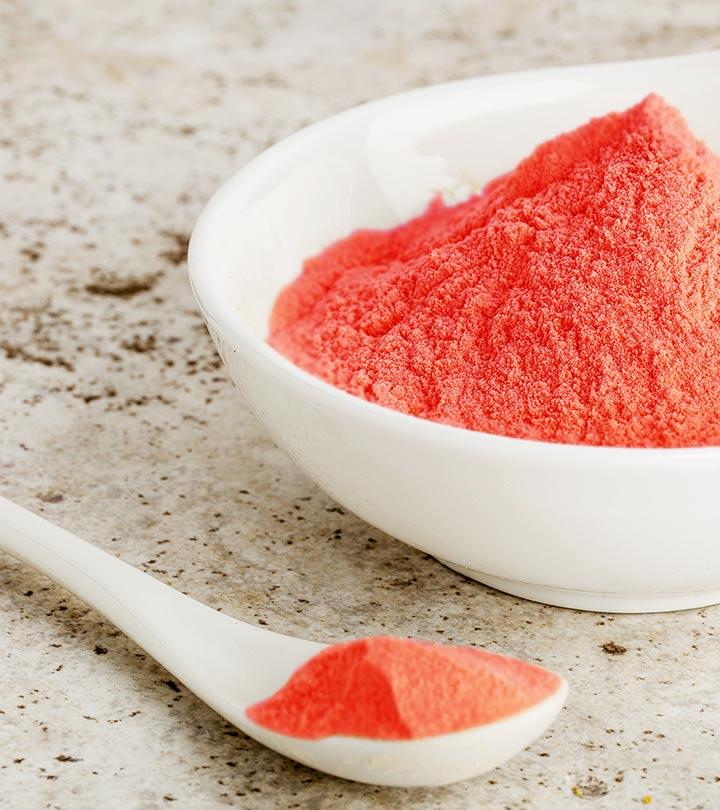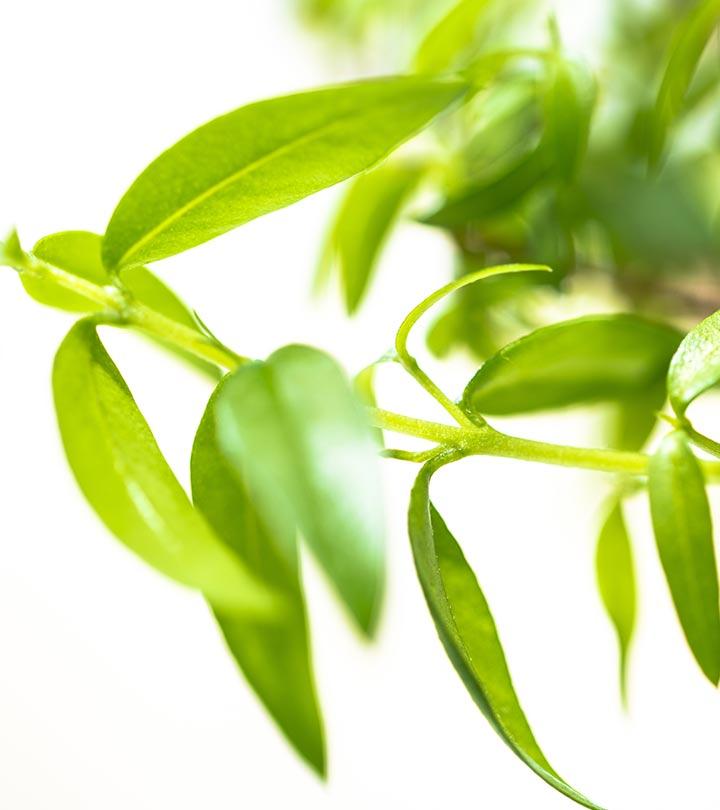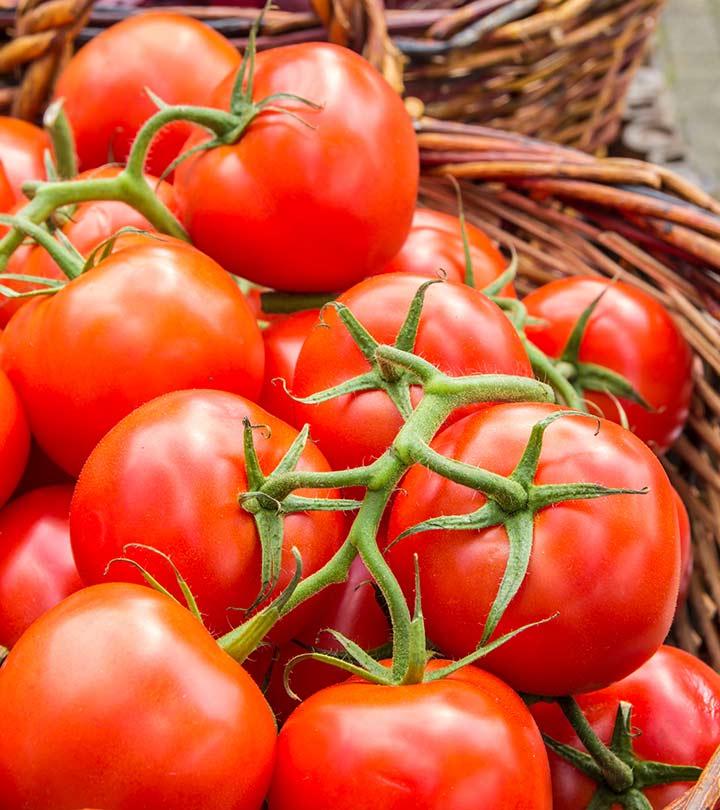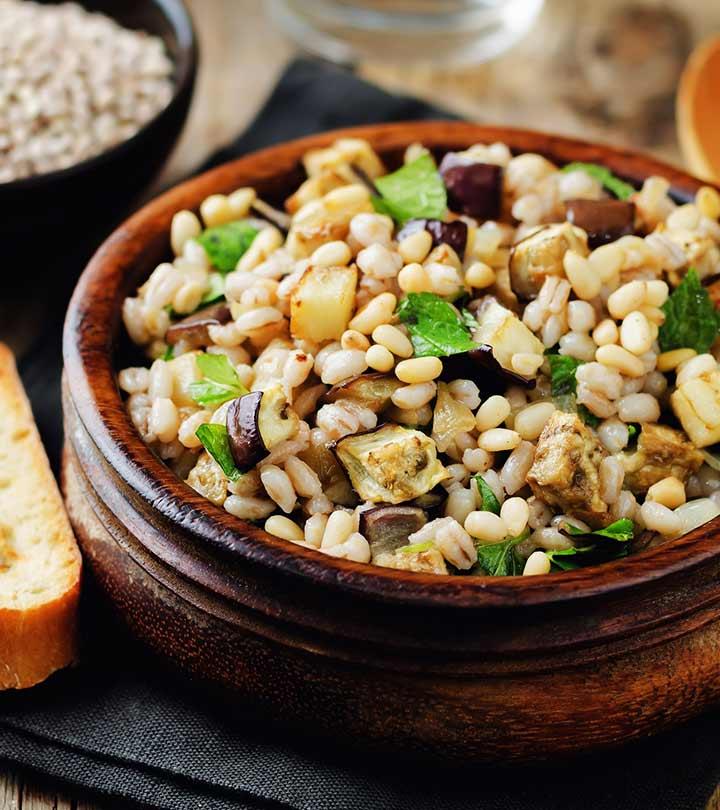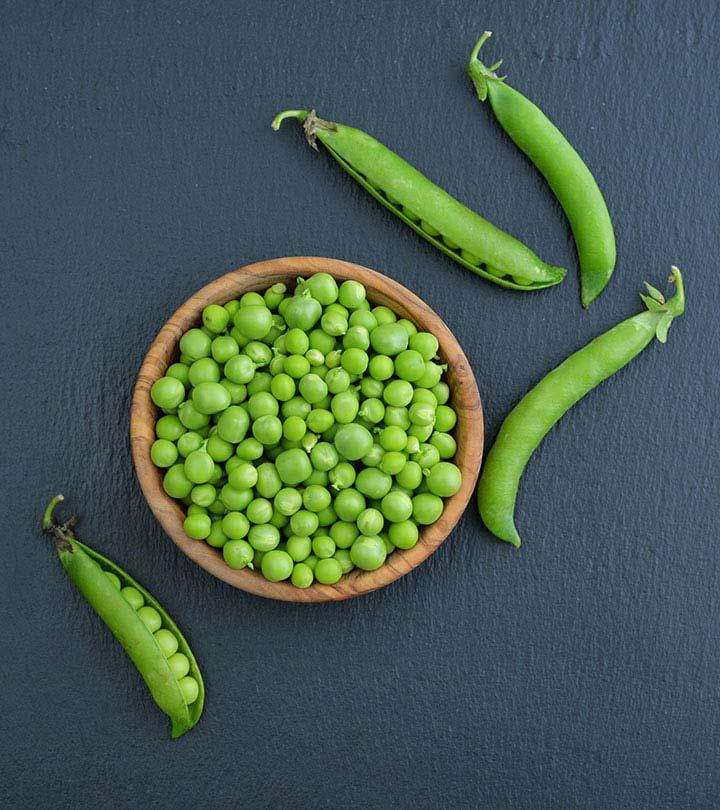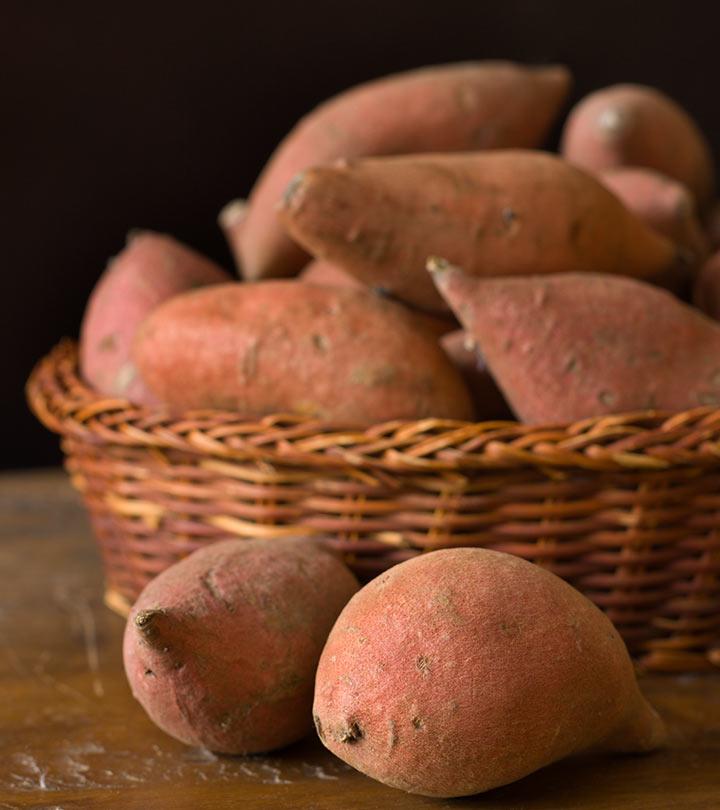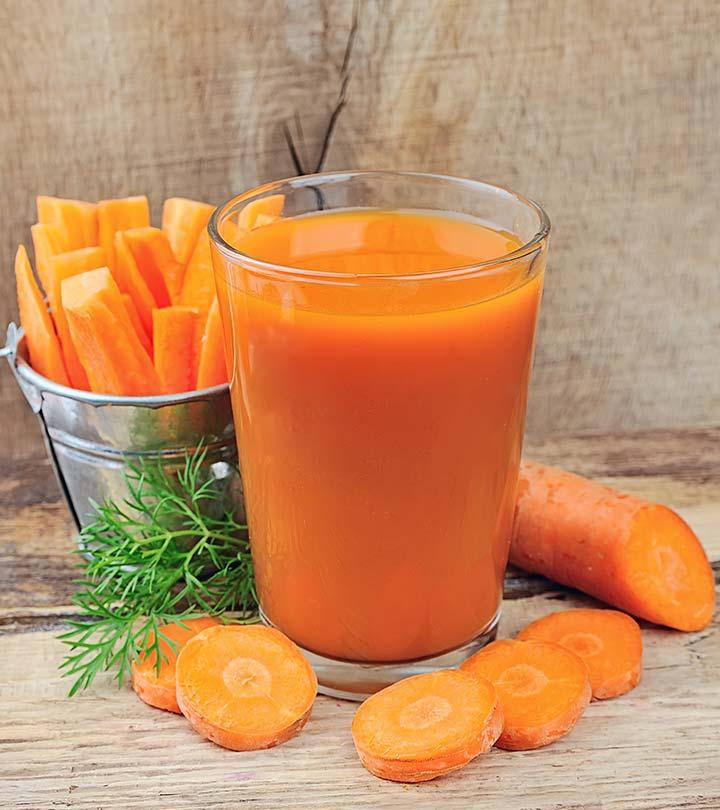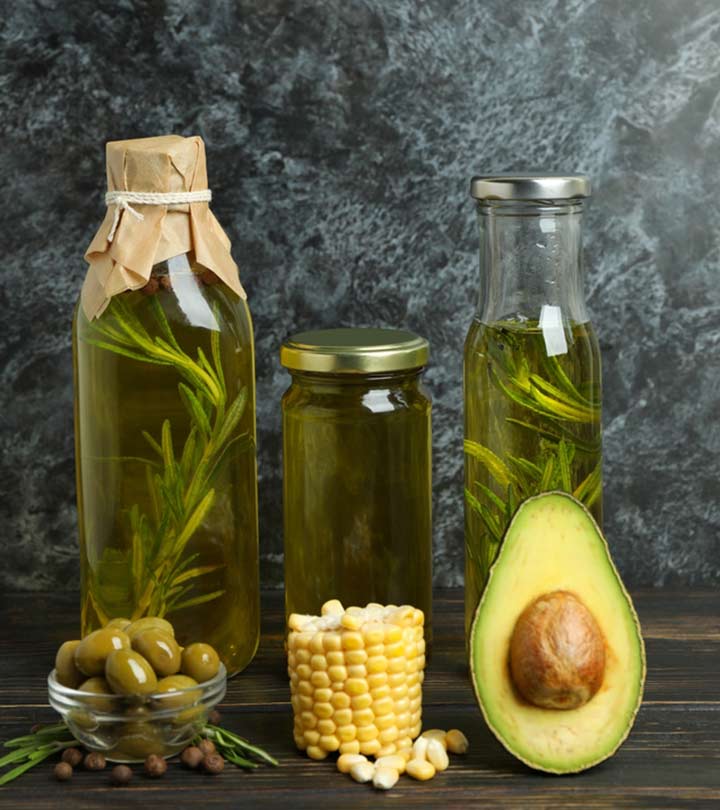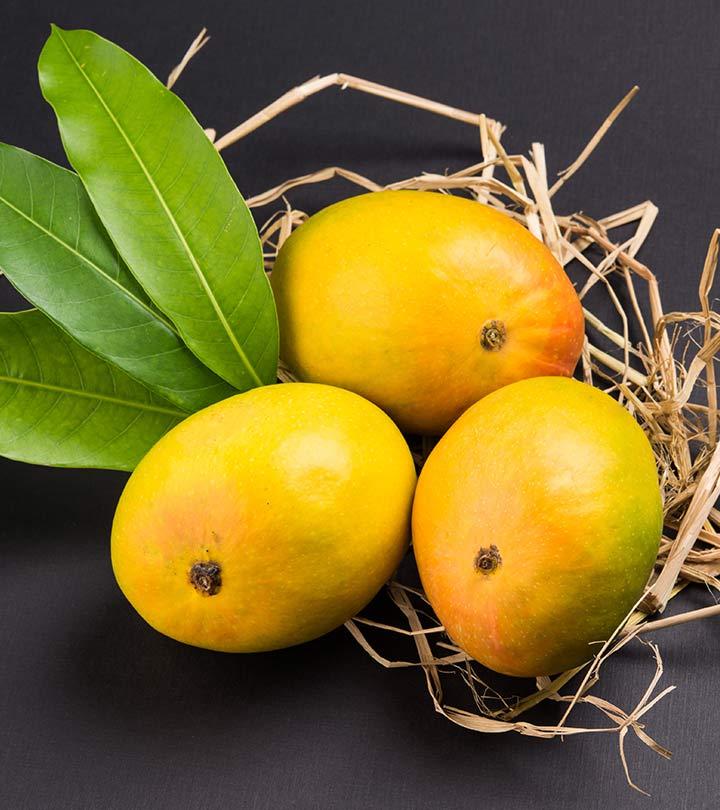12 Dangerous Food Combinations To Avoid
Think twice before mixing these foods; they could cause you more harm than good.
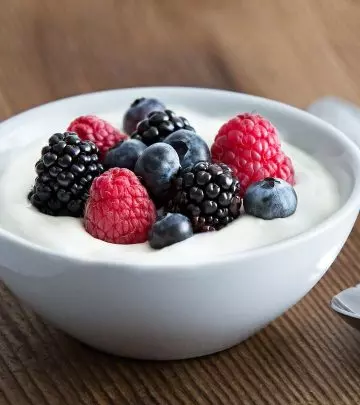
Image: shutter stock
Mixing several types of food such as meat with cheese and fruits with yogurt is a common and popular practice. But what several nutritionistsi XA professional who advises people on appropriate eating habits and is a specialist in promoting health through food and nutrition. and Ayurvedics claim is that there are certain food combinations that can obstruct digestive channels and inhibit your body from gaining essential nutrients. In this article, we explore the top 12 food combinations to avoid in your diet.
In This Article
Dangerous Food Combinations To Avoid
A common practice many dieticians and nutritionists advocate for is proper food combining. It is also the practice commonly neglected by most of us. However, It ensures better health and improved digestion.
The principles of food combining revolve around the idea that an incorrect food pairing can have a negative effect on health, digestion, and overall nutrition. A contradictory food item pairing like orange juice with a glass of milk or sugar and fat can hinder digestion. Similarly, combining fresh fruits like bananas with milk may lead to a stomach ache. Incompatible food pairings may hinder nutrient uptake like impeding the absorption of iron, calcium, or any essential vitamin.
For instance, combining greens and non-starchy vegetables with foods may seem like a health-conscious choice, but it’s a dangerous food combination that could lead to negative effects when not approached strategically. Non-heme iron, predominantly found in leafy green plant-based sources like spinach and broccoli, has the potential to hinder iron absorption due to the presence of compounds like oxalates and phytates.
To avoid harmful food combinations that may cause weight gain or stomach bloating, or even lead to the creation of toxins in the digestive tract, it is essential to create a balanced meal with digestion speed in mind.
You can have fast-digesting food with slow-digesting food. However, keep the rules of food combining in mind. Here is the list of food combinations you should avoid:
1. Carbs And Animal Protein
When you eat a combination of carbohydrate or starch and lean protein (such as meat with potatoes or bread) they counteract each other: the animal protein putrefiesi XThe act of slow disintegration of bodies or the rotting of organic matter yielding unpleasant sights and smells. and the carbohydrate (complex carb or simple carb) ferments. This bad combination leads to gas, bloating and flatulencei XA condition in which a person suffers from gastric discomfort and passes excess gas contained in their large intestine. (1). Those who have eaten this combination in their diet for years may have developed immunity, but it is better to eat complementary combinations like beans and rice which is a good combination.
2. Two High Proteins
Surf and turf, bacon and eggs – these are all popular combinations containing two high protein sources. Many of these high protein dishes are also processed and fried food combinations that are unhealthy. This improper food combination taxes the digestive system and take a long time to digest. To avoid this, eat your meals in courses – keeping light proteins first and meat later and never wait more than 10 minutes between each course. Also, avoid processed and fried foods as much as possible. Opt for a sweet fruit and non-starchy vegetable in your diet to offset this bad food combination and ease digestion.
According to a study, fried food consumption is directly related to coronary artery disease. This study was conducted on 154,663 participants, out of which 90% were men and the mean age was 64 years. Out of these, there were 6,725 CAD events which were associated with fried food consumption, which indicates a linear relationship between fried foods and CAD.
3. Food And Water/Juice
Drinking water or fruit juices like orange juice with your meal is one of the most toxic food combinations. The digestive juice of the stomach is required to digest complex food before it passes on to the intestines for nutrient absorption. Water dilutes your stomach acids and reduces their effectiveness in breaking down proteins, carbohydrates including sugar, and fats, hindering the digestive process. Proponents of the food combining diet prefer drinking water 10 minutes before the meal as it will make you feel fuller for longer (2). This’ll keep you from overeating or diluting stomach enzymes.
4. Fruit With Meal
Who doesn’t love some peppy mango salsa with fish or strawberries in their salads. These delicious ingredients, whether it be a tangy acidic fruit or a tropical sweet fruit. are essential in a vegetarian diet. But this is a bad combination as fruit- which otherwise passes quickly through the digestive system- is detained in the system and the sugar in it starts to ferment.
5. Yogurt With Fruit
Yogurt contains plenty of bacteria that acts on the sugar present in fruits. This results in toxins, cold, and may possibly lead to food allergy. Thus, adding this food combo to your diet might result in a negative post digestive effect. You can avoid this problem by using unflavored yogurt at room temperature and mix in honey, cinnamon or raisins instead of fresh fruit.
 Quick Tip
Quick Tip6. Cereal With Milk And Orange Juice
Milk contains casein and orange juice contains acid. This dairy and citrus mismatched food combination curdles the dairy and also destroys the enzyme present in the starchy cereal. You might face negative effects on health like bloating and hindering digestion. To avoid this, have fruit juice at least an hour before or after eating cereal.
7. Banana And Milk
There are very few people on earth who don’t like banana milkshake. A banana milkshake is a common diet drink that keeps you satiated and prevents overheating, leading to weight loss but this also makes for a dangerous food combination, as it sits heavy in your stomach (3). Try to avoid this combination of carbs; if you cannot resist a milkshake, add a pinch of nutmeg or cinnamon to stimulate your digestive system.
 Quick Tip
Quick Tip8. Beans And Cheese
This is a very common combination in Mexican cuisine. Beans with cheese are delicious! Beans may help regulate your blood sugar level and manage insulin level. Nevertheless, cheese, beans, hot sauce and guacamole- this is a surefire recipe of bloating, gas and other digestion related problems. However, unlike the common notion, beans by themselves do not give you gas. So try to separate the cheese from beans if you have a weak digestive system.
9. Tomatoes And Pasta
Tomato adds that tangy acidity, making it a must-have choice in pastas. Top it off with a low fat dressing of olive oil and voila! No pasta is complete without tomatoes, cheese sauce, or meat. However, all of these wreak havoc on your digestive system. Tomato has acids that weaken the enzyme in starchy pasta and curdles the dairy in cheese. Meat and carbs are also another bad combination that makes this fare very difficult to digest. So try to stick to pesto sauce to avoid after meal fatigue.
10. Cheese And Meat
Cheesy meatballs, meat in fonduei XA meal made up of tiny food pieces, including meat or fruit cooked in or dipped into a hot liquid. , cheese and meat omelet- these all are very high in protein content. Foods obtained from milk are packed with casein and whey proteins that makes the combination of meat and dairy together very difficult to digest. So instead, stick to chopped vegetables in fondue, avoid cheese in meatballs and cut down the meat in omelet.
11. Sugar, Fat, And Salt
Any two of these three food combinations can be harmful. Sugar and fat are both foods with a high calorie content. Sugar has no nutritional value, and fat contains saturated fats that may elevate cholesterol levels. A high-fat and high-sugar combination of food, if taken in excess, can increase the risk of diabetes and obesity. Try cutting back on your sugar intake with a black coffee or opt for low-fat options like low-fat milk.
Salt and fat can be harmful too. This is because salt causes water retention in the body and may elevate blood pressure, while fat may elevate cholesterol levels. You can instead try healthier forms of fat, like olive oil.
High-sugar and high-salt is another combination that many people enjoy, but it inevitably leads to weight gain. Examples of such foods include certain candy bars and pastries. High-sugar and high-carb baked confectioneries like bread are also not good for your overall health. What you can do instead is make your own granola bars.
12. Wine And Dessert
Combining wine and desserts, particularly sweet ones, is discouraged. The combination creates a contrasting sensory experience. The tannins in wine, especially red wine, interact with the sugars in the desserts. Tannins are compounds found in the skin, seeds, and stems of grapes. These have astringent properties and cause bitter sensations in the mouth. This bitterness intensifies when paired with sugary desserts.
Further, desserts can make wine taste overly acidic and diminish its overall flavor. Ideally, desserts are best enjoyed with wines that are sweeter or have a residual sugar content. Opting for a dessert wine or a wine with a low tannin content can enhance the overall dining experience as it helps create a harmony between flavors (4).
Infographic: 5 Combinations Of Foods To Avoid
It’s fun to experiment with different foods and uncover the flavors and nuances of each, to test your palate, and to discover new food combinations. The consumption of certain foods together should be avoided, as some food pairings should not be trifled with.
Check out the infographic below to learn more about such food pairings that one should avoid consuming to prevent any adverse reactions. Illustration: StyleCraze Design Team
Incorporating two different flavors and textures can be an exciting and novel culinary experience. However, nutrition experts and experienced Ayurvedic practitioners do not recommend some food combinations. These may cause digestive problems or impair nutrient absorption. Some of these food combinations to avoid include yogurt with fruit, banana with milk, tomatoes with pasta, and cheese with meat, among others. These may otherwise cause after-meal problems such as gas, bloating, and tiredness. Avoiding such combinations may prevent indigestion and the heavy feeling that follows a large meal. Stay away from these combinations for fuller, more satisfying meals.
Frequently Asked Questions
Can I eat banana and apple together?
I can’t eat banana and apple together. The intake of sub-acidic fruits like apples with bananas may hamper the digestion process and cause nausea and headaches.
Is it OK to eat fruits and vegetables together?
Fruits and vegetables may digest differently and should never be mixed. Fruits can digest quickly and hinder the digestion process of veggies due to their high sugar content.
Can we eat an orange after milk?
We can’t eat oranges after milk. The fruit acid in the orange may combine with the milk protein and possibly affect the absorption of nutrients.
Key Takeaways
- Bacon and eggs and other high-protein combinations should be eaten with light proteins first, and meat later.
- Avoid combining water or juice with food.
- Fruits and dairy should be consumed at separate times.
- Avoid consuming cheese and beans at the same time.
- Avoid combining sugar, fat, and salt.

Image: Stable Diffusion/StyleCraze Design Team
Unveil the nine harmful food combinations that you should steer clear of in this informative video. Explore the potential side effects that you should avoid to achieve optimal digestion. Check out the video now.
References
Articles on StyleCraze are backed by verified information from peer-reviewed and academic research papers, reputed organizations, research institutions, and medical associations to ensure accuracy and relevance. Read our editorial policy to learn more.
- Intestinal gas production from bacterial fermentation of undigested carbohydrate in irritable bowel syndrome
https://pubmed.ncbi.nlm.nih.gov/2929557/ - Effect of Pre-meal Water Consumption on Energy Intake and Satiety in Non-obese Young Adults
https://www.ncbi.nlm.nih.gov/labs/pmc/articles/PMC6209729/ - Viruddha Ahara: A critical view
https://www.ncbi.nlm.nih.gov/labs/pmc/articles/PMC3665091/ - Wine, food, and health
https://www.ncbi.nlm.nih.gov/pmc/articles/PMC7173466/




